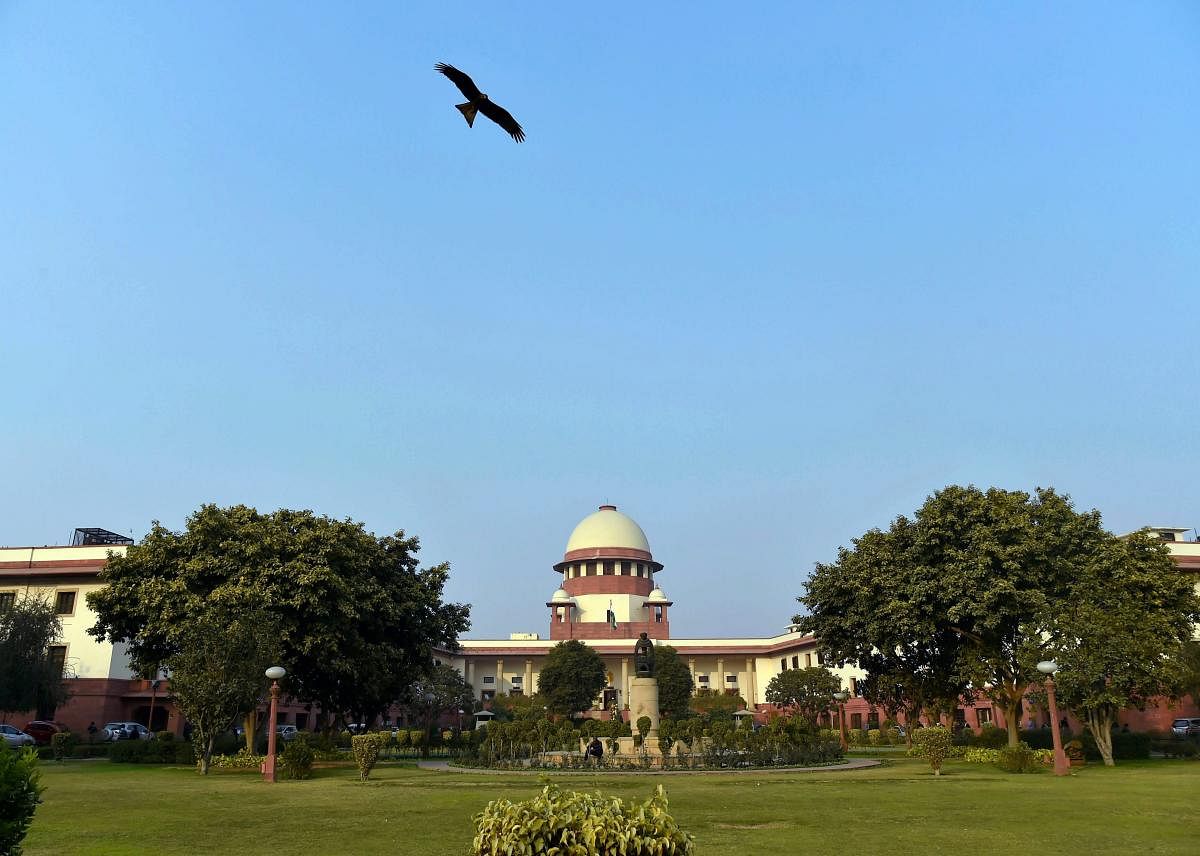
The Supreme Court is to hear on Friday a plea for separate execution of those death row convicts in the Nirbhaya case who have exhausted legal as well as constitutional remedies. Questions were raised if the mandate of law can be frustrated by sheer inaction of not filing mercy petition.
The Tihar jail authorities also moved a Delhi court on Thursday for issuance of fresh death warrants. The court sought response from the four convicts and posted the plea for consideration on Friday.
Black warrants issued earlier twice for Janaury 22 and February 1 could not be executed in view of pendency of mercy plea. As of now, mercy pleas by Mukesh, Vinay and Akshay have been rejected by the President. Only the fourth convict Pawan has so far not filed a plea for clemency.
On Wednesday, the Centre, as well as the Delhi government had moved the top court, within hours of the Delhi High Court rejecting their plea against the trial court's order of January 31, postponing the death warrants "till further orders".
Showing a sense of urgency, Additional Solicitor General K M Nataraj mentioned the matter on Thursday before a three-judge bench presided over by Justice N V Raman for listing of the matter.
The court agreed to post the matter before appropriate bench on February 7.
The High Court, in its order, had stated there can't be segregation among the convicts as they were held guilty of the offence by a common order.
In its appeal, the Centre said: “The question is whether a convict who has exhausted all his remedies can still frustrate the mandate of law merely because the mercy petition of one of the co-convicts is pending before the President and another co-convict has not even filed the mercy petition."
"In other words, can one convict, by sheer inaction — calculated and designed or otherwise — frustrate the mandate of law," it asked.
All the four convicts were awarded the capital punishment in the case where a 23-year-old woman, referred to as Nirbhaya, was sexually assaulted in a moving bus in South Delhi on December 16, 2012, triggering massive protest.
